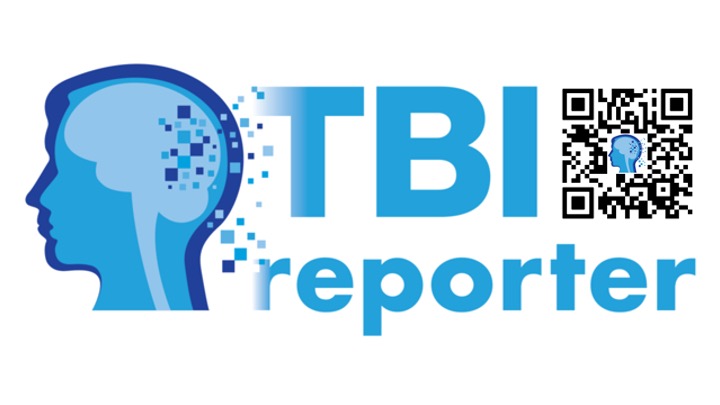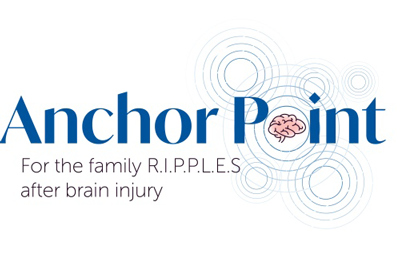Research Podcast – TBI Reporter
Prof David Menon talks about TBI-Reporter a UK wide data sharing platform supporting research in traumatic brain [...]
Innovation Podcast – Knitregen
James talks to Laura Salisbury from Knitregen about a new device which hopes to improve hand and [...]
Innovation Podcast – Motor learning
James talks to Ian howard about a new system to assess motor learning and movement. The backwards [...]
Innovation Podcast – Eye Focus
James talks to Stephanie Rossit about spatial neglect and a new app designed to help the many [...]
Charity Podcast – Anchor point
A conversation with Alyson Norman for University of Plymouth about the need for support of families of [...]
Transforming care for brain injured babies
Researchers at the Rosie Maternity Hospital, in Cambridge say they are the first in the world to [...]
Innovation Podcast – Fetal Monitoring
James talks to Antoniya Georgieva of Oxford University about fetal monitoring and the use of AI to [...]
Charity Podcast – Juliet Bouverie
James Piercy talks to Juliet Bouverie CEO of the Stroke Association. They discuss the importance early recognition [...]
Innovation Podcast – Heady
James hears about Heady a new digital tool to manage concussion. Heady [...]









